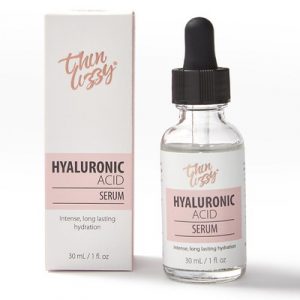Hyaluronic acid(HA) has been around in the science community for quite a while, however, only recently gain recognition from the general public through its extraordinary performance in the beauty industry. Hyaluronic acid became trending in 2021, in the period where, because of Covid, skincare users have lots of time do our own research, thus learn about our skin type and what is right for our skin. Us beauty gurus comes to love HA for its affordability, great benefits, importantly, its suitability toward dry, oily, and even sensitive skin.
What is Hyaluronic acid (HA)? Commonly present in our household in the form of beauty products, eyedrops, topical medications, and more. HA is a glycosaminoglycan that is nonsulfated and non-protein, which can be found in our skin, eyes, joints… (1) Specifically, one HA molecule contains 2 unit of sugars, glucuronic acid and N-acetyl-glucosamine, connecting to another HA molecule creating a polymer. (3)

The nice thing about HA is its viscosity and elasticity, these two properties make HA a great lubricant, also, give it the ability to retain moisture and water. (2) In our daily life, HA’s moisture retention proves to be beneficial. Products such as moisturizers, skin/hair serum, toner (AHA/BHA), exfoliator, shampoo,… are various forms of hydrating treatments. In the medical field, HA is widely recommended by doctors and dermatologist for its great ability to heal tissues and regenerate new skin.

